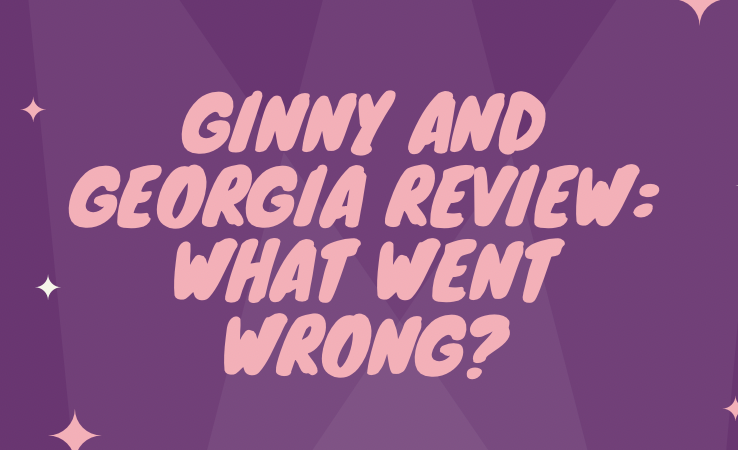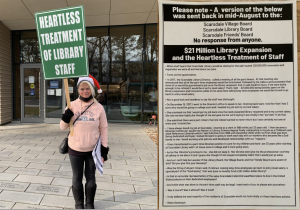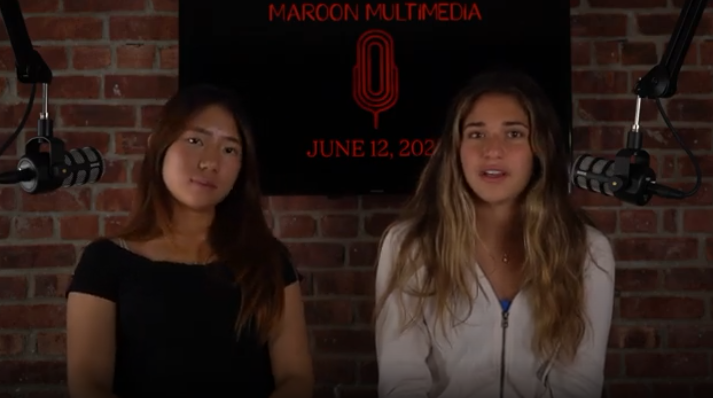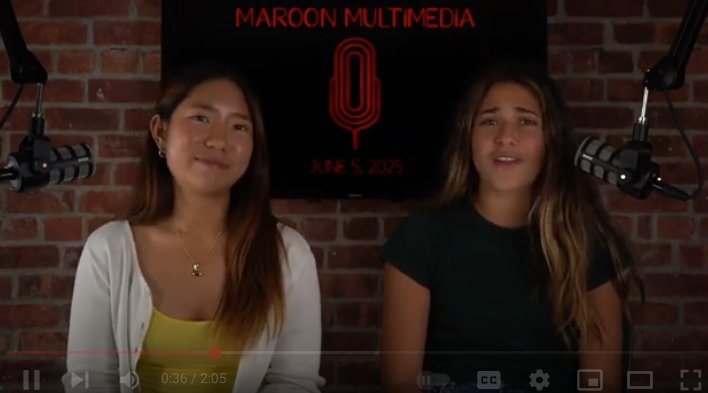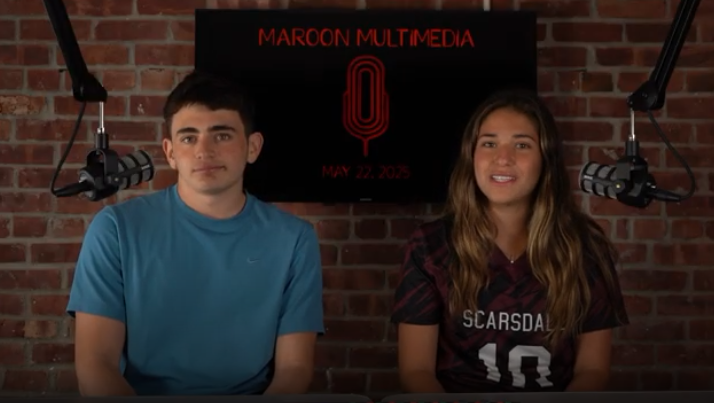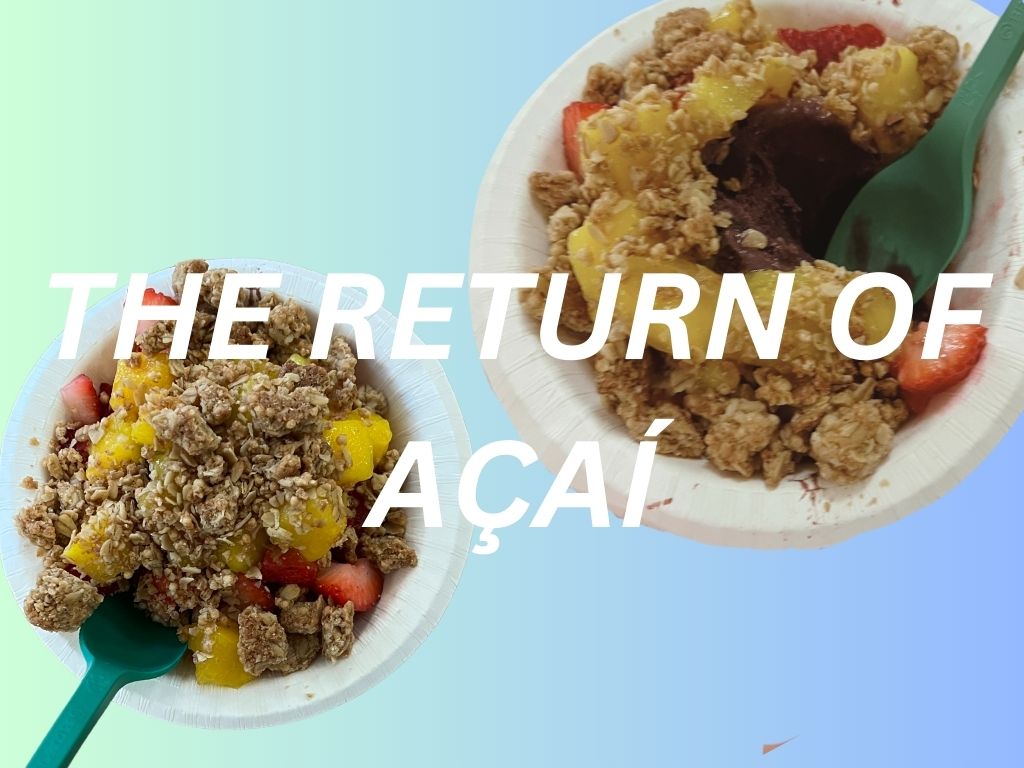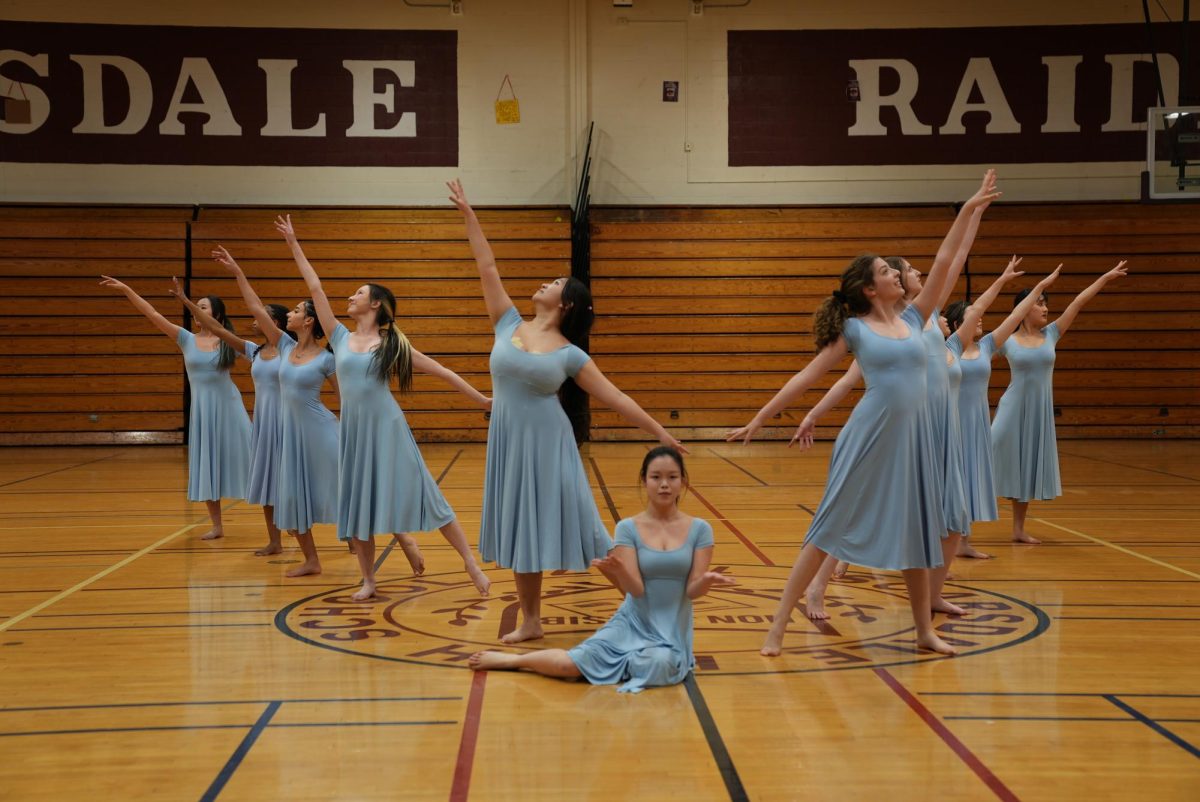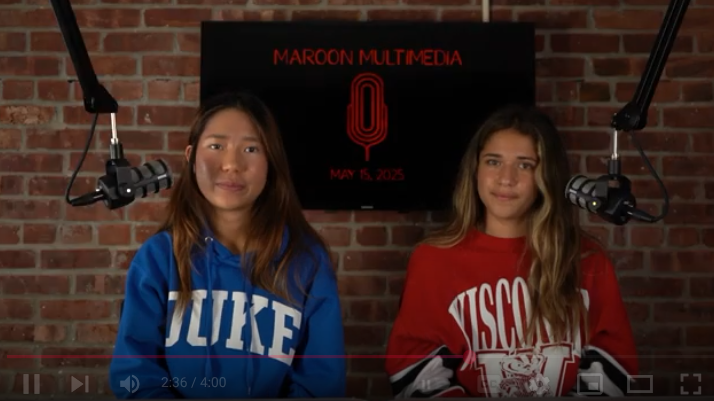Ginny and Georgia Review: What Went Wrong?
Netflix’s new show “Ginny and Georgia” prompts criticism and very little praise.
May 12, 2021
“Hey Ginny & Georgia, 2010 called and it wants its lazy, deeply sexist joke back. How about we stop degrading hard-working women by defining this [BLEEP] as funny.“ – Taylor Swift
It only takes one quick viewing of “Ginny and Georgia” to realize that Taylor Swift is right. In its abysmal attempt to appear progressive and appeal to younger audiences, Netflix’s new trending comedic drama “Ginny and Georgia” suffers from numerous poorly executed wannabe “woke” scenes.
“Ginny and Georgia” follows 15-year-old Ginny’s (Antonia Gentry) move with her 30-year-old mother Georgia (Brianne Howey) and her younger brother Austin (Diesel La Torraca) to a small town in Massachusetts. Right from the start, the show introduces several different themes: a single mother, coming of age, sexuality, and race. However, there is too much going on at the same time – a fact that becomes increasingly obvious as the show progresses. The show tends to randomly and abruptly cutting to dark scenes amongst the lighter plotlines of high school, family, and friendship. For instance, Netflix presents clips of Ginny’s self-harm and depression just to later abandon this plotline and focus instead on her boy drama.
Despite the show’s diverse cast, “Ginny and Georgia” seems to use colored characters as pawns for their race, rather than actual fleshed-out personalities. The show appears inclusive through its introduction of many characters, each representing a unique minority, but ultimately offers each very little screen time. If the show were intending to include such a large number of characters, they should, at the minimum, provide some background, detailed narratives, and dynamic characterization rather than just categorizing the characters by their ethnicities and/or sexual preferences.
It is indeed important to normalize minorities on mainstream media, but “Ginny and Georgia” excessively does this to the extent that much of the show’s racial inclusion simply seems fake and tacky. Though meaningful themes such as self-harm and race should be thoroughly explored, squeezing numerous social issues into a ten-episode TV show becomes confusing and undermines its effectiveness. While the show accumulates tractions on social media, it is barely entertaining enough to watch, and only captures the viewer’s attention by how laughably bad it is. It is time for Netflix to stop putting on a progressive image simply because it is more eye-catching to do so, and to instead, genuinely show concern about the depth of the issues.

